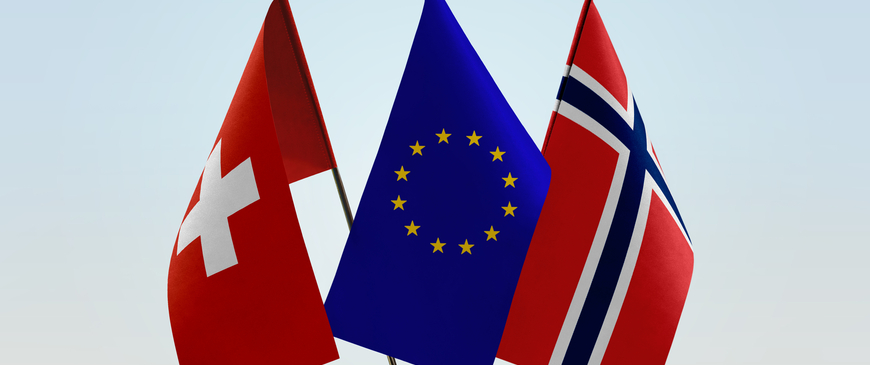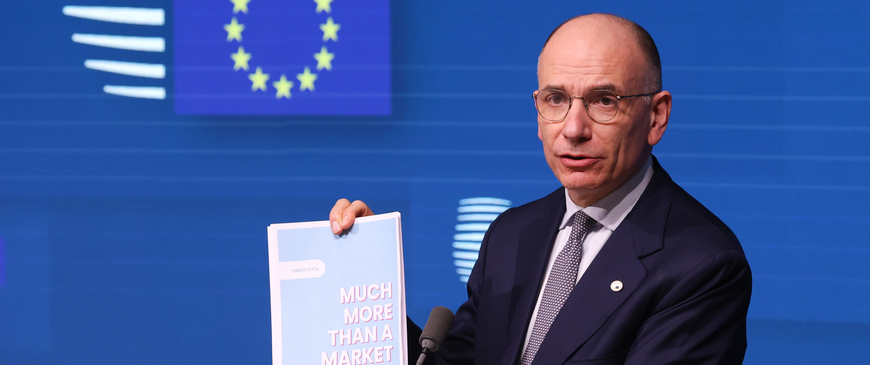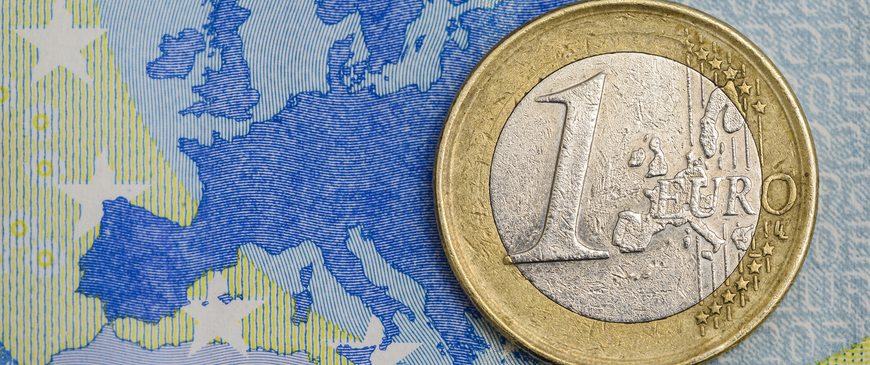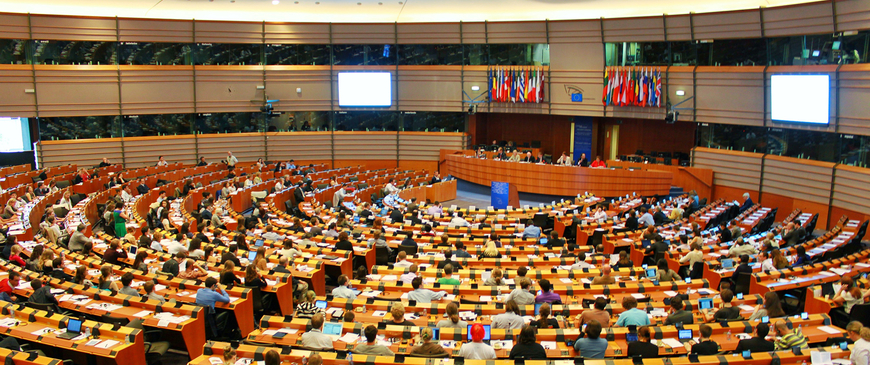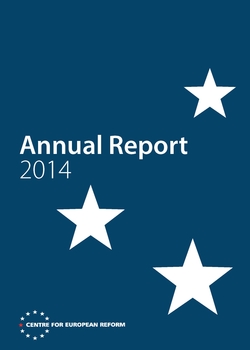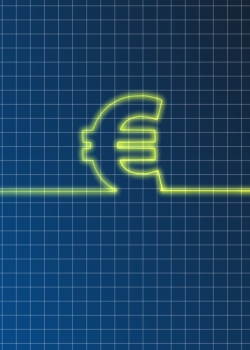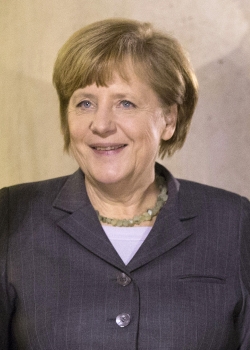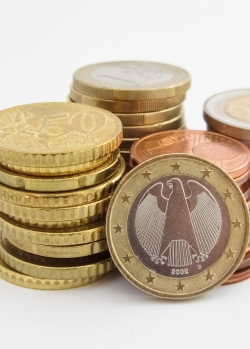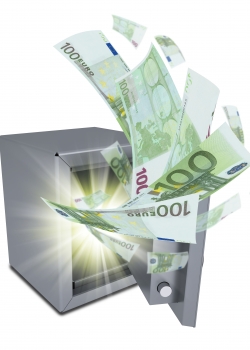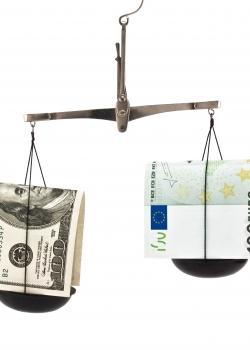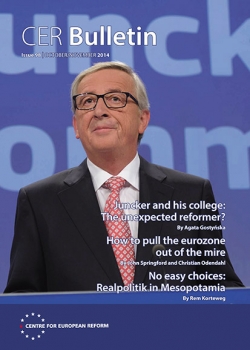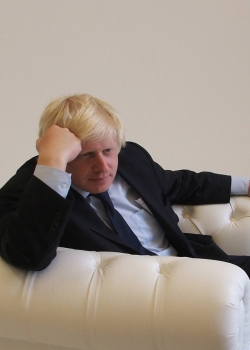Single market, competition & trade
Annual report 2014
02 February 2015
Charles Grant discusses three challenges facing the EU in 2015: the combined problems of Russia and Ukraine; the continuing fragility of the eurozone; and the growing risk of Brexit.
Genetically modified crops: Time to move on from theological dispute
30 January 2015
GMOs should not be supported or opposed as a single technology. The compromise that the Juncker Commission has negotiated must now be implemented.
The implications of Syriza’s victory
26 January 2015
Greece is not at imminent risk of leaving the euro. But the negotiations will be difficult and uncertainties over Greece's membership will persist.
Quantitative easing alone will not ward off deflation
21 January 2015
Quantitative easing alone will do little to boost the eurozone economy. The ECB needs to shift expectations and this requires a different approach to monetary policy.
Greece will remain in the euro for now
16 January 2015
Neither Greece nor the eurozone want Grexit, and it is unlikely to happen. But neogiations will be difficult and uncertainties over Greece's membership will persist.
Is Europe’s economic stagnation inevitable or policy-driven?
23 December 2014
Germany and the eurozone: The view from Paris
16 December 2014
The French are gloomy about their relationship with the Germans and the chances of economic growth. But they are working on new ideas for eurozone governance.
The ECB is not the German central bank
02 December 2014
The ECB should stop waiting for German approval of more aggressive monetary policy, and Germany should back the ECB more openly.
Public investment: A modest proposal
01 December 2014
A eurozone-wide public investment stimulus is neither impossible nor mad, but should be part of a strategy to pull the economy off the rocks.
Does a eurozone slump make Brexit more likely?
10 November 2014
Eurozone stagnation will encourage migration to Britain, boost its EU budget contributions, and rebalance its trade towards non-EU markets. This will embolden eurosceptics.
A Greek programme for Greece
05 November 2014
The programmes for Greece are not working. It is time for a new approach that focuses on the long-term and Greek ownership.
The eurozone’s German problem
20 October 2014
Germany’s uncompromising stance is short-sighted, and poses a greater risk to its economic and political interests than a ‘grand bargain’ with the French and Italians.
Would Britain’s trade be freer outside the EU?
16 October 2014
A post-‘Brexit’ Britain would struggle to make up for foregone trade opportunities with the EU by signing trade agreements with non-European countries.
Unlocking Europe's capital markets union
15 October 2014
The goal of a capital markets union should be to develop healthy non-bank sources of finance. This should be achieved mainly by liberating, not controlling markets.
Why devaluing the euro is not mercantilism
02 October 2014
The ECB needs to be more innovative and drastic to weaken the euro. This would help the eurozone without hurting the world economy.
Issue 98 - 2014
26 September 2014
- Juncker and his college: The unexpected reformer?, Agata Gostyńska-Jakubowska
- How to pull the eurozone out of the mire, Christian Odendahl, John Springford
- No easy choices: Realpolitik in Mesopotamia, Rem Korteweg
How to pull the eurozone out of the mire
26 September 2014
To free the eurozone, public investment, tax cuts and monetary stimulus are needed.
How Brussels' medicine is killing the 'French patient'
24 September 2014
France is not yet the 'sick man of Europe', but it is ailing thanks to swallowing too much bad medicine prescribed by Brussels and Berlin.
Boris Johnson, Gerard Lyons and policy-based evidence making
11 August 2014
Conservatives say that leaving the EU would be better than the status quo, but where is the evidence?
The banking union alone cannot bring recovery
29 July 2014
The banking union is a work in progress but a significant step in the right direction. However, it will not be enough for a proper recovery.


